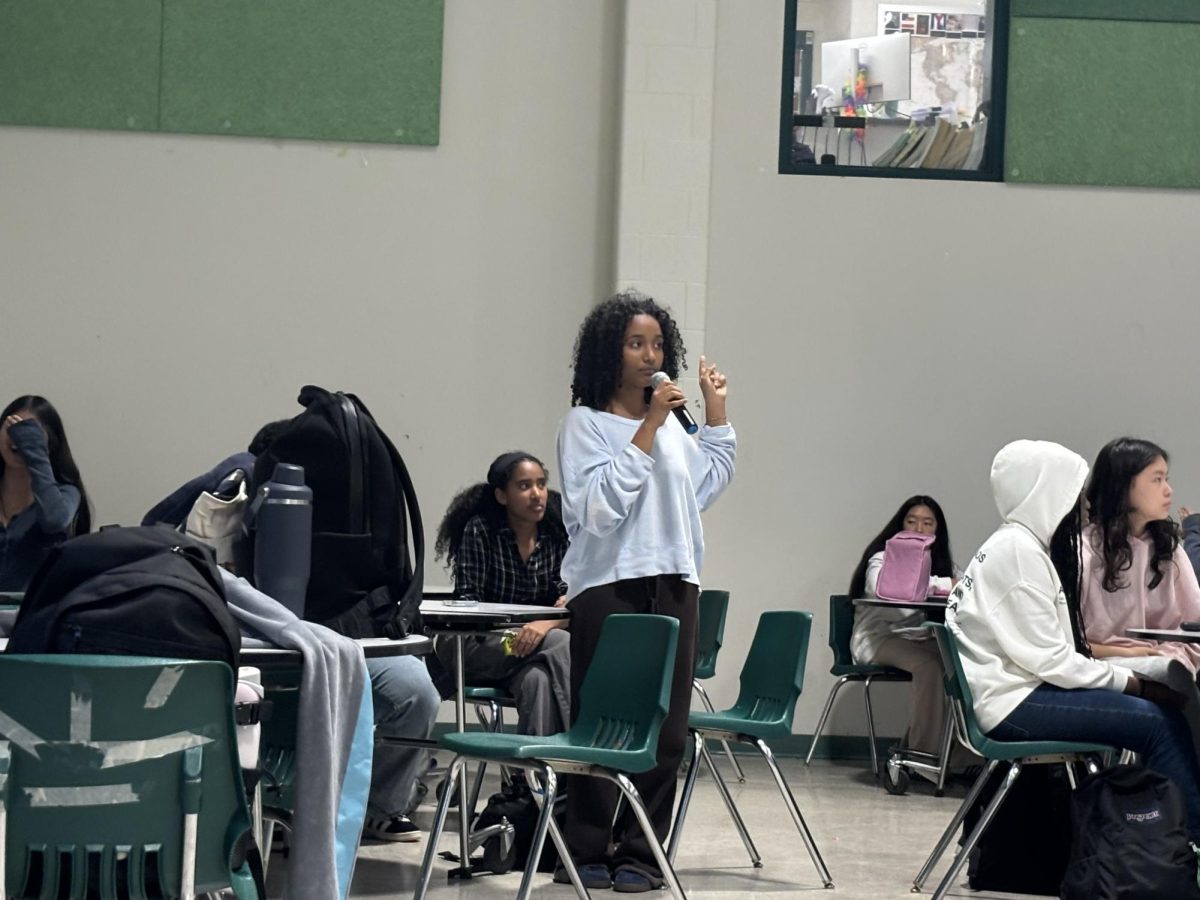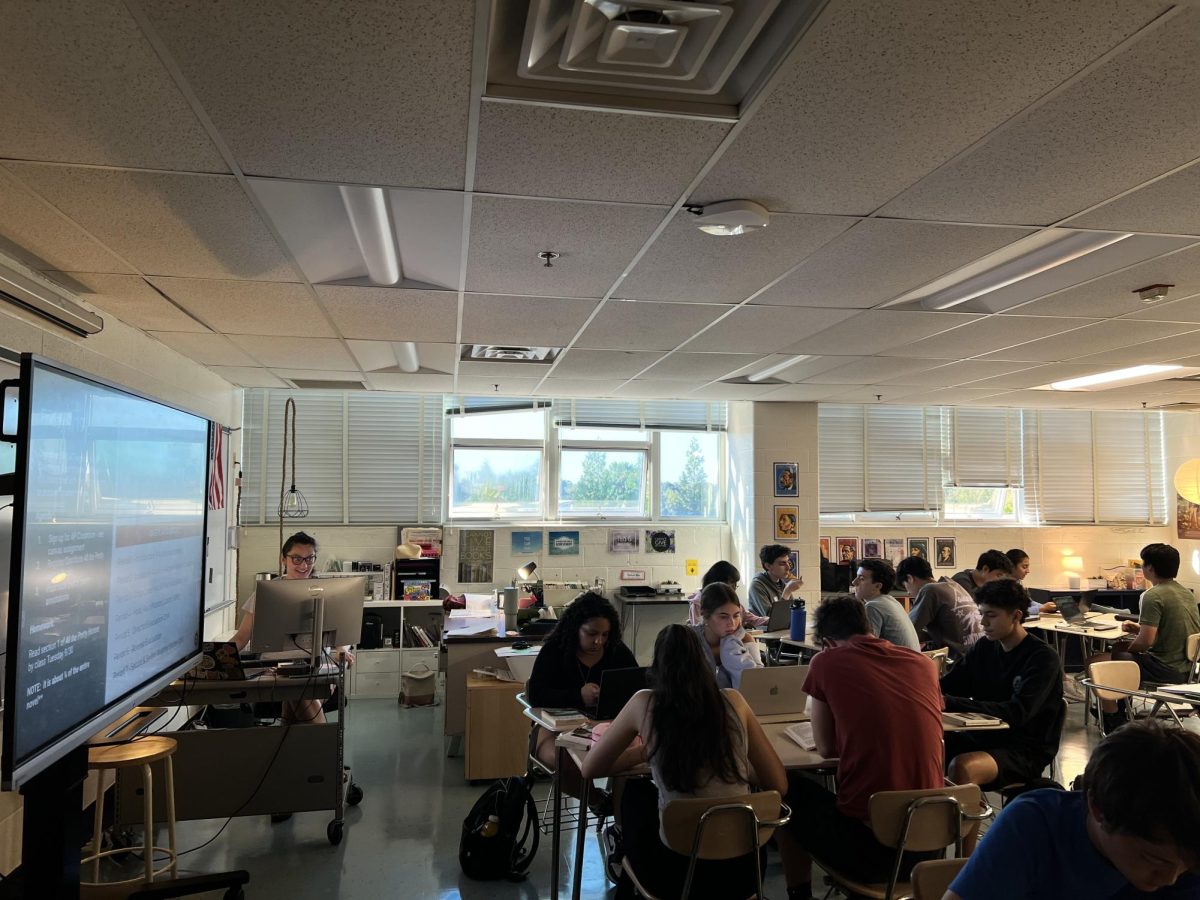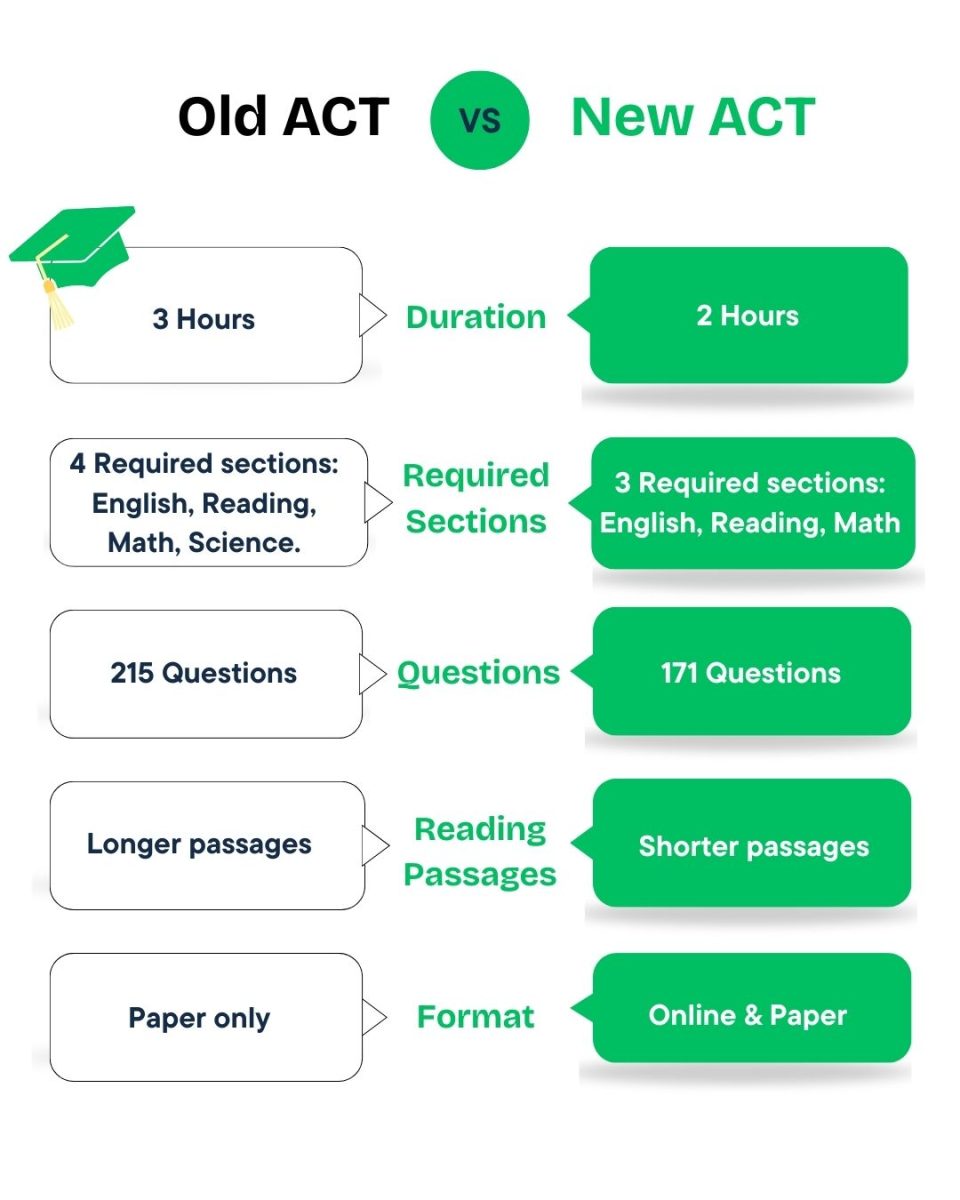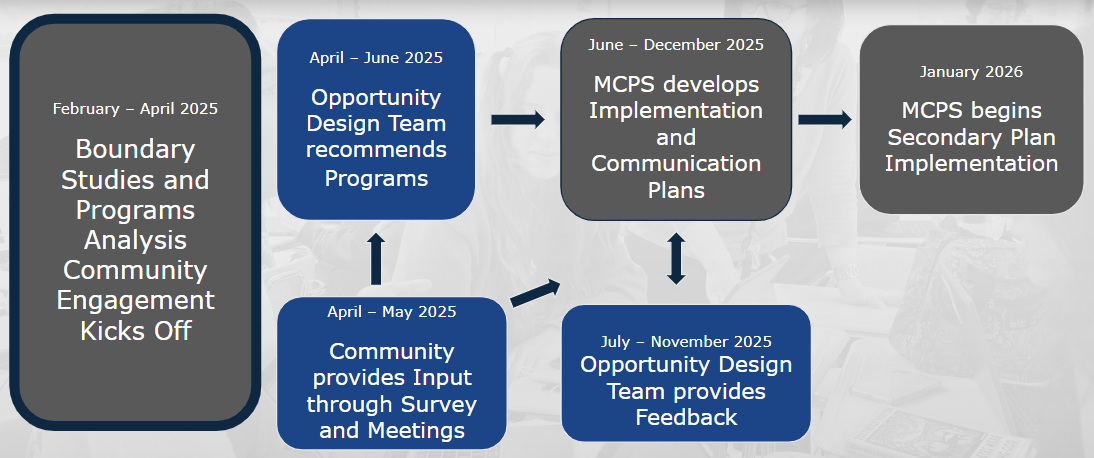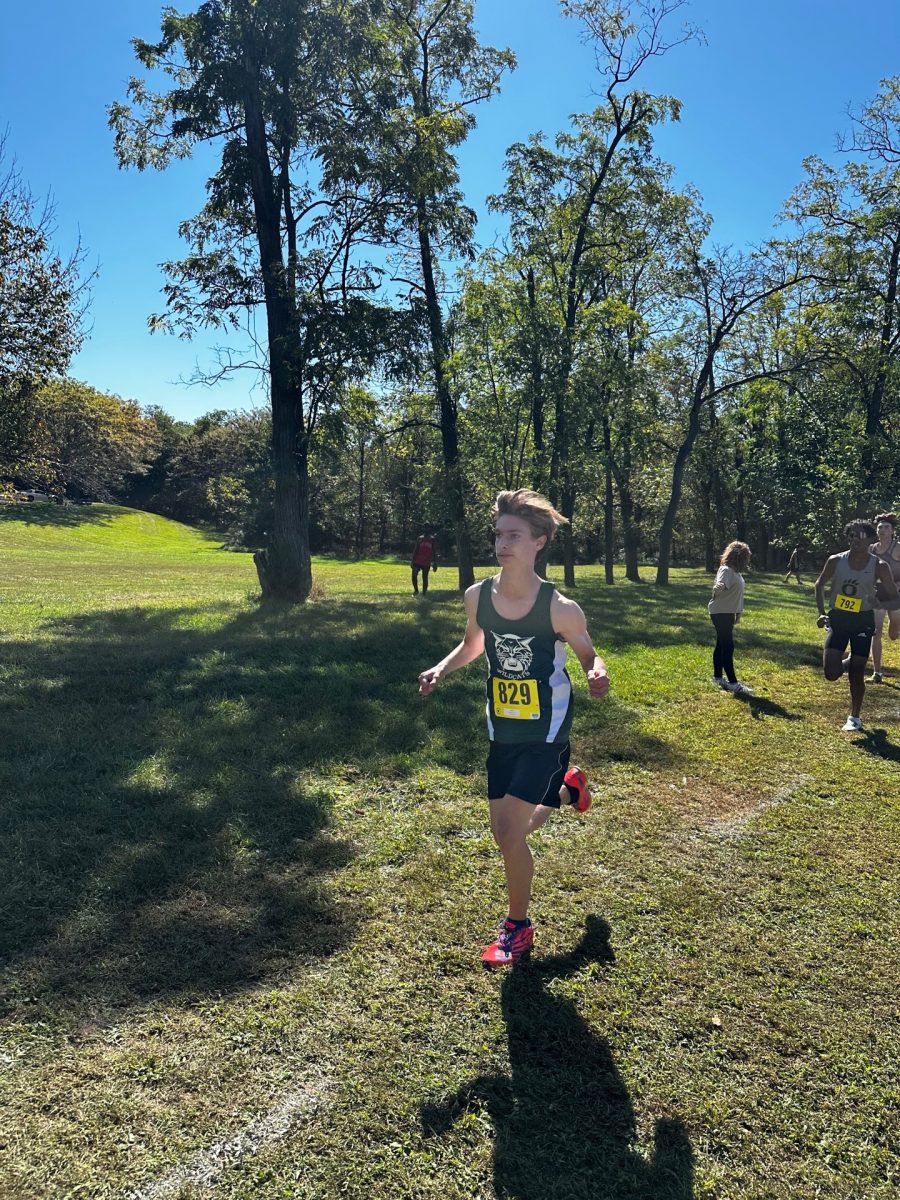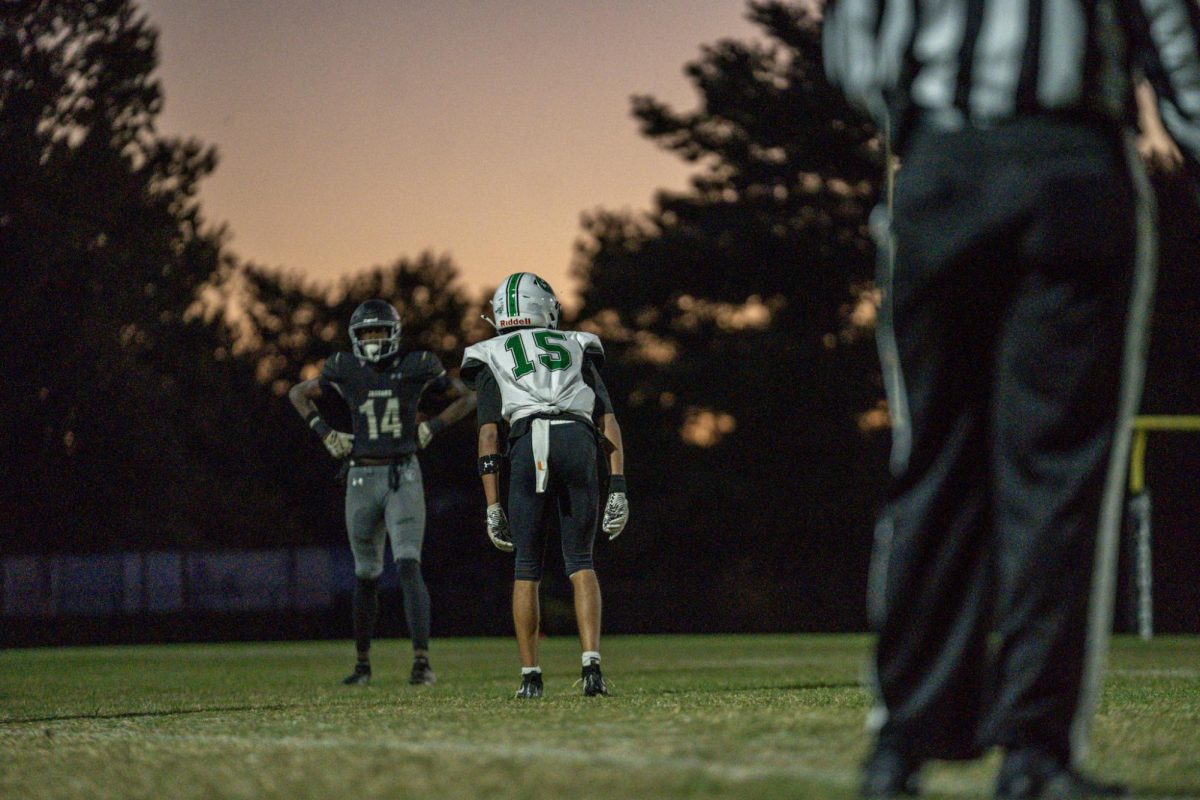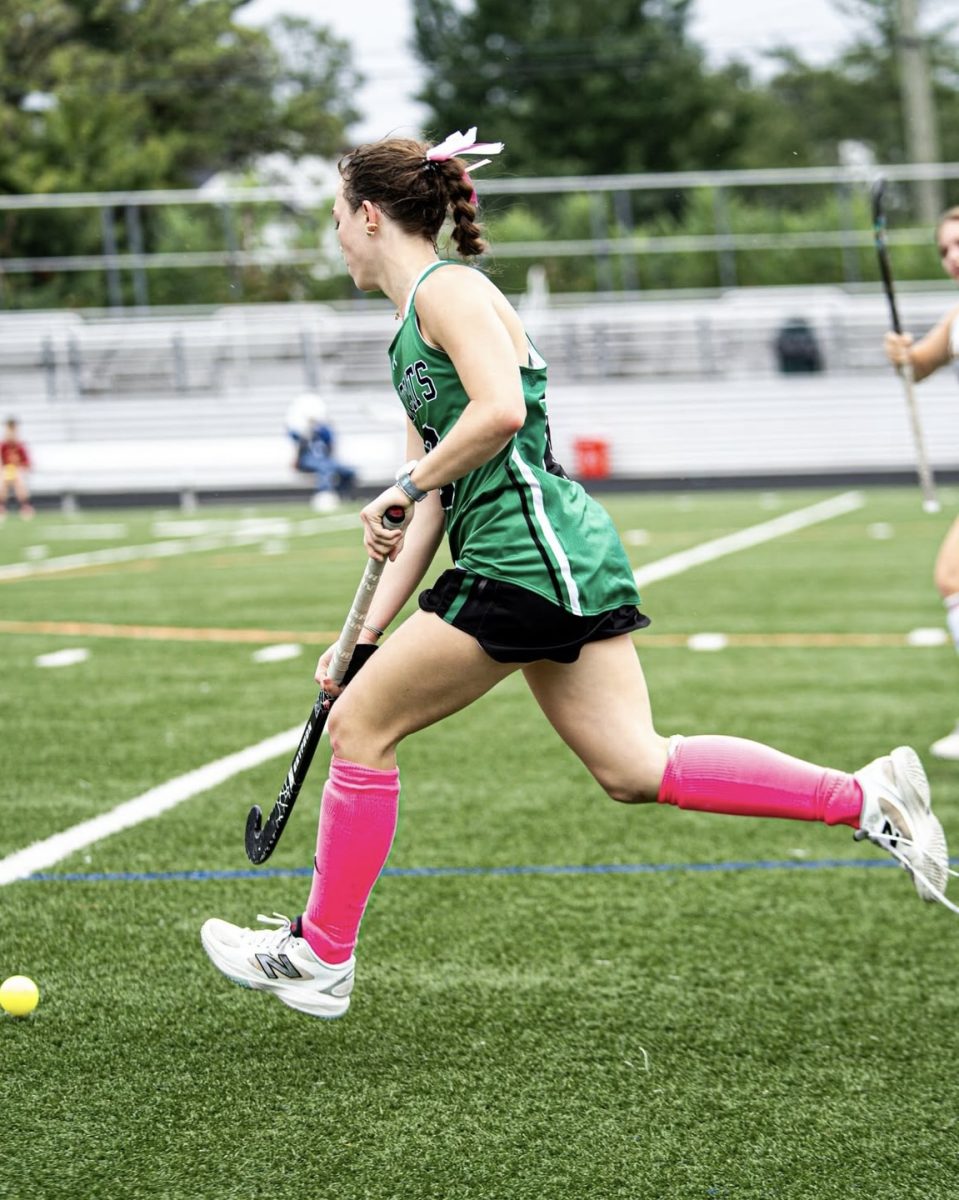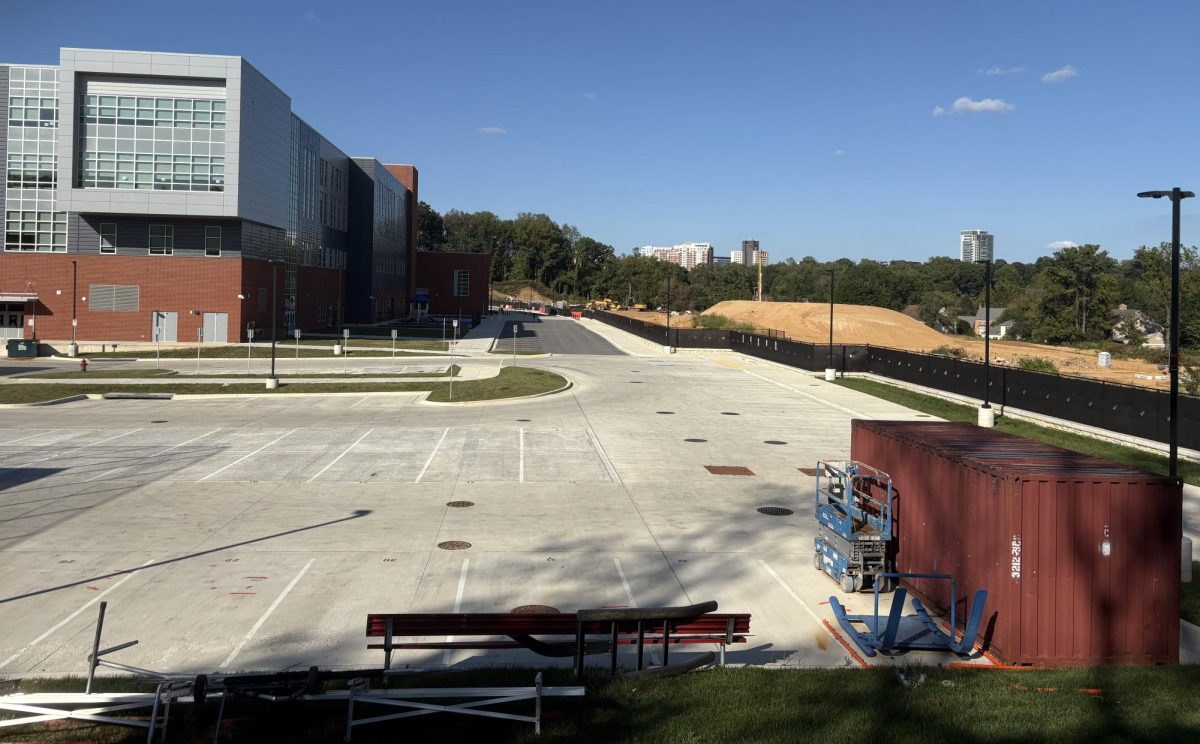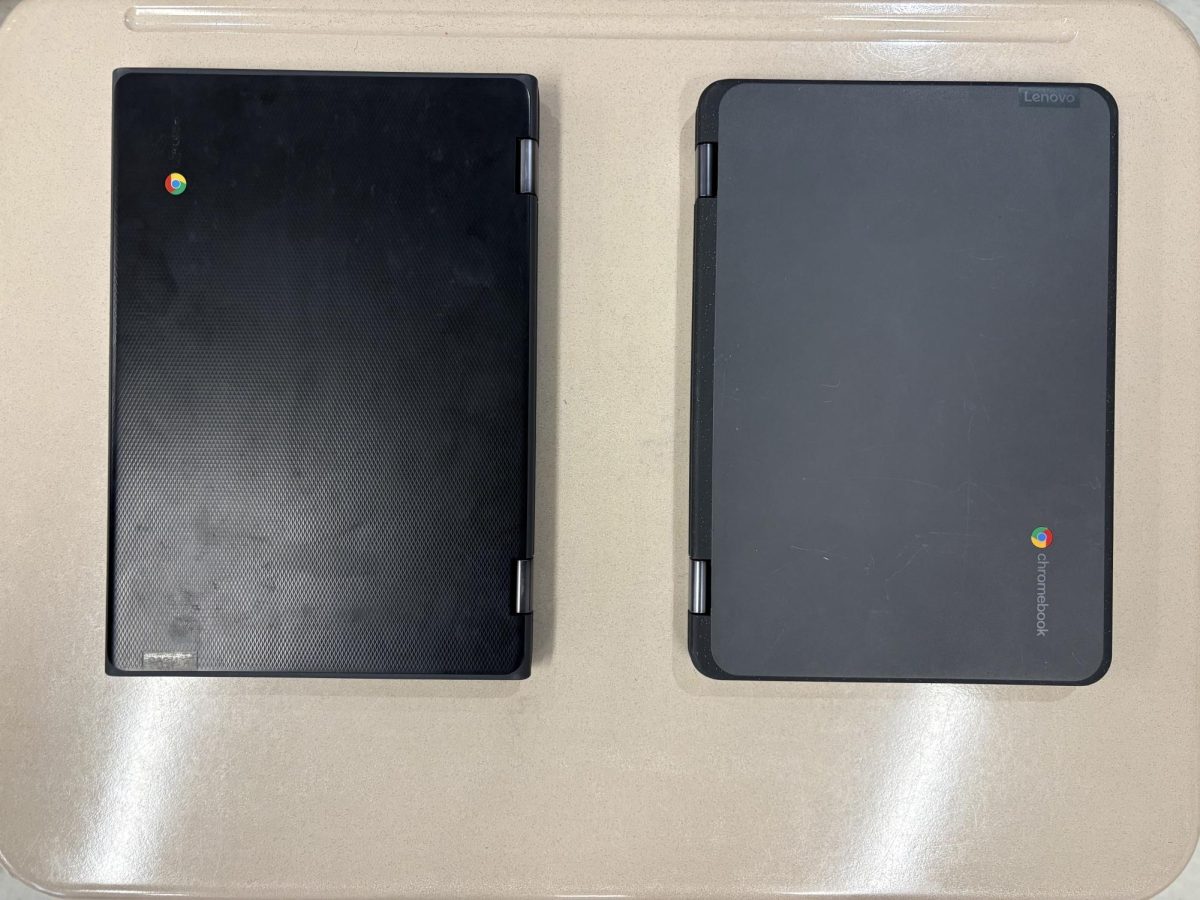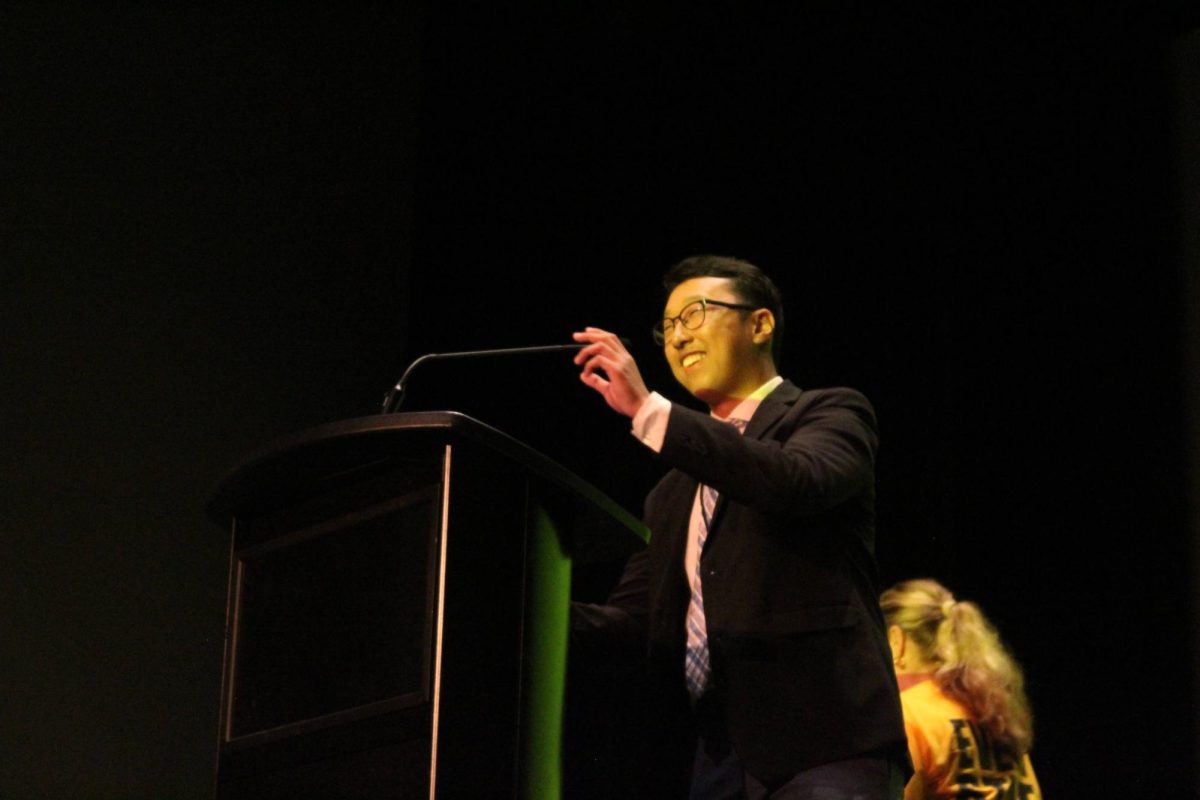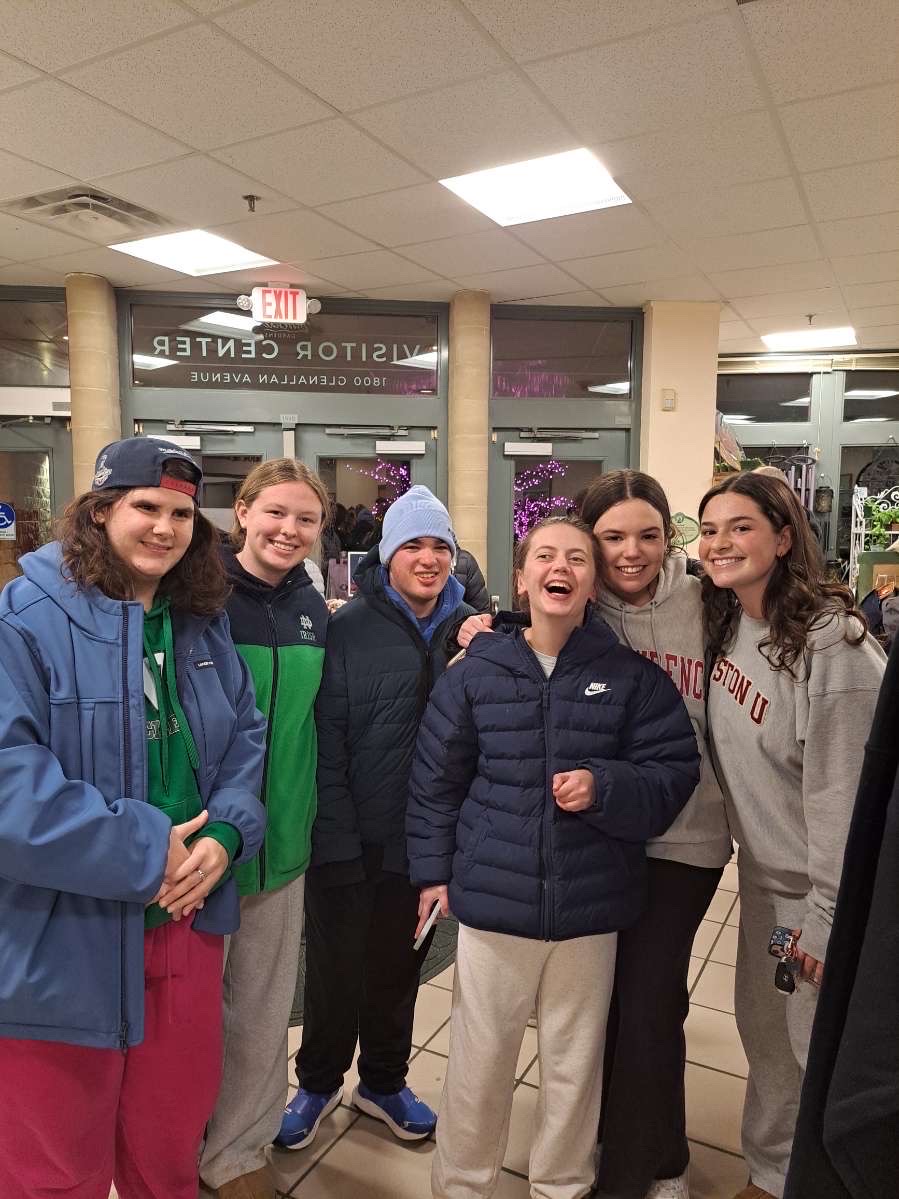Many students and teachers are struggling with the transition to online learning, but the change puts an extra set of challenges on students and teachers in classes that are dependent on in person instructions. Teachers have been forced to design new lesson plans that work outside of the classroom and students are struggling to stay engaged.
In a typical year, Child Development is a course that circles around learning how to teach and manage a classroom of preschoolers. Students write lesson plans, engage in observations and spend time working with the young kids enrolled at the school. With no preschool classroom to teach in, Child Development teacher Hyun Yoo has had to make adaptations to the curriculum. For students who have been taking this class for years, the new structure is a big adjustment. Junior Farah Aliabadi is in her third year of taking Child Development and was looking forward to the classroom leadership opportunities that come with being an advanced student. Instead, she has been writing mock lesson plans and learning about child psychology.
“I wish the kids could be there but we’re still learning interesting things. It’s not bad, it just feels different,” Aliabadi said.
Electives like Child Development are making do but lab sciences, especially ones that culminate in an AP exam, are also having to get creative. Without the ability to perform in-person labs, students are missing out on a key component of their class. Many students taking AP science courses look at science or medicine as future career options and gaps in their early science learning could impact them down the road.
“I’m interested in studying science in college and I’m worried that I’m going to miss out on certain things since I’m not having the full AP chem experience,” junior Olivia Herman said.
Herman is interested in a future in medicine so she is taking AP Chemistry this year with the intent of taking AP Biology next year. She is grateful that her teacher, Stephanie Deonarain, put together at-home lab kits so her class can still explore parts of chemistry hands on. Many chemistry labs, especially at the higher levels, include corrosive materials, but the experiments in Deonarain’s at home lab kits are all safe to consume.
The head of the science department, Susan Bergeris has encouraged her team to be innovative when it comes to keeping students engaged. Making sure students who are new to high school science can stay engaged is a priority for the department.
“The middle school science world is very different from the high school [science] world. Our 9th grade team is trying to keep it interesting,” Bergeris said.
Students enrolled in courses at all levels and in every department have been impacted by virtual learning. Some classes have had to endure greater changes than others but everyone is trying to adjust.
“Teachers are being creative in addressing [the gap] but I don’t think anything replaces the hands on, in-person experience that we can give kids. Hopefully, when it is safe, we can return,” Bergeris said.



